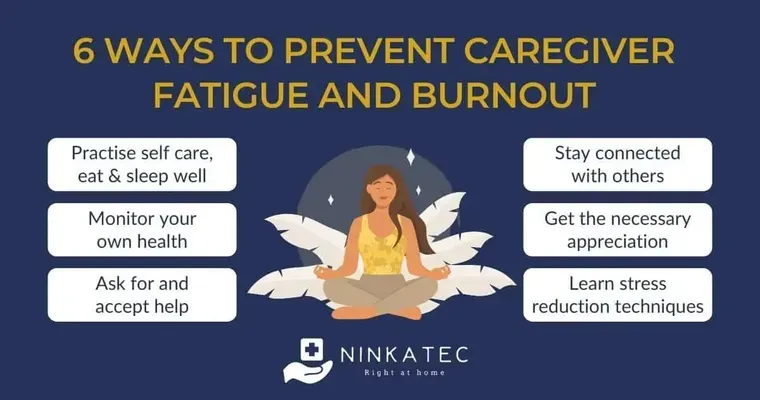Caring for a loved one with "dementia" is a deeply rewarding experience, filled with moments of connection and love. However, it can also be incredibly challenging and overwhelming. As a caregiver, it is essential to recognize the importance of taking a break for your own "mental health" and well-being. Many caregivers find themselves in a situation where they feel the need for a weekend off but are uncertain about how their loved one will cope with the "separation". This article explores strategies for balancing your caregiving responsibilities with the need for personal time.
Understanding the emotional toll of caregiving is crucial. The responsibilities can be exhausting, both physically and emotionally. It is not uncommon for caregivers to experience feelings of guilt when considering time away from their loved one. However, taking time off can improve your ability to provide quality care in the long run. By recharging your own batteries, you are better equipped to handle the challenges of caregiving.
One of the first steps in planning for a weekend away is to ensure that your wife feels secure and comfortable in your absence. Communication is key. If your wife is at a stage where she can understand, gently explain that you will be taking a short break but will return soon. Reassure her that she is loved and cared for, and that this time apart is important for both of you.
Consider enlisting the help of a trusted family member or friend to stay with her while you are away. Having someone familiar can provide a sense of security and help ease the transition. If family support is limited, look into local "respite care" services that specialize in caring for individuals with dementia. These services can provide professional caregivers who understand the unique needs of your loved one.
Another option is to explore adult day programs, which offer socialization and activities for individuals with dementia. This allows you to take your much-needed break while ensuring that your wife is engaged and cared for in a safe environment.
Additionally, consider timing your time off strategically. Perhaps plan your weekend when your wife is typically in a stable mood or when her routine is less disrupted. Familiarity can help ease her anxiety about your separation.
It is also essential to take care of your own health during this time. Make sure you stay connected with friends and family, engage in activities you enjoy, and prioritize your well-being. Caregiving can be isolating, and taking time for yourself can help combat feelings of loneliness and stress.
In conclusion, while the thought of leaving your wife with dementia for a weekend may be daunting, it is important to remember that both you and your loved one deserve moments of respite. By planning ahead, communicating effectively, and seeking support, you can enjoy your time off and return to your caregiving role rejuvenated. Remember, caring for yourself is just as important as caring for your loved one. Embrace the opportunity to recharge, knowing that doing so will ultimately benefit both you and your wife.





